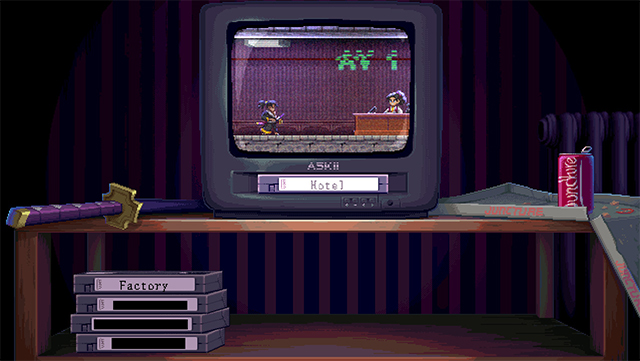After six long years, developer Justin Stander is finally about to release his baby, Katana Zero. This neo-noir, action platformer has been in development for about six years and is finally about to hit the Switch and PC. Despite some help, Stander developed the game almost exclusively by himself from the design to the programming; quite a feat for how

Atlas is an action-rpg with rogue-like elements where you use your ability to control the ground to fight the enemies and move through procedurally generated worlds.










